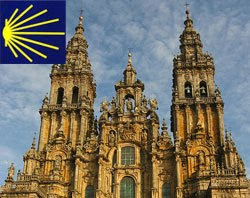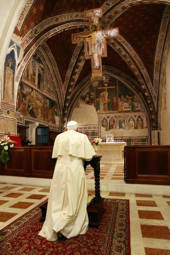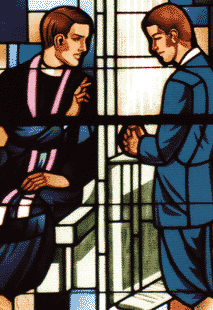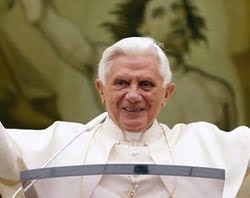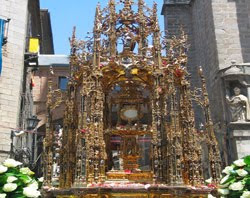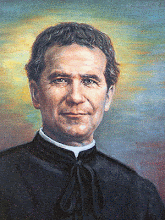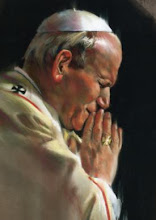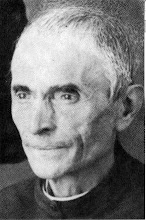 Hat tip to Ministry Values for this powerful story of conversion! The following comes from Stephen Ryan at the Ministry Values site:
Hat tip to Ministry Values for this powerful story of conversion! The following comes from Stephen Ryan at the Ministry Values site:World famous rock star gives life to Jesus. Led there by the hand of the Queen of Peace the Blessed Virgin Mary.
In 1994 his album “Over the Hump sold more than 4.5 million copies throughout Europe. In Germany it is the biggest selling album of all time. Bigger than the Beatles.
The group has sold over 50 million records worldwide.
At twenty years old he was a teenage sensation, a huge rock star and lived in a 17th century castle in Europe He had all the riches, fame, fortune and the adulation of millions. His name is Paddy Kelly.
He and his group the Kelly Family sold out the huge Westtaleanhalle in Dortmund Germany nine times in a row. A feat no other musician has since accomplished. They filled football stadiums, some shows with over 250,000 .
He was born in Ireland to American parents. He was the star of the incredible singing group “The Kelly Family” He has eleven brothers and sisters and most sing in the band. They started out singing in the streets of Europe but quickly their incredible singing talents took them to the top. Paddy Kelly became a huge idol with adoring female fans. He needed body guards in public. He was hounded by paparazzi where ever he went and traveled by private jet and helicopters. He was recognized everywhere he went. He had it all... this amazing young man had everything, but despite the fame and money he began to feel empty, isolated..
He felt lost... He felt his soul was dying. He had lost his mother when he was five years old but toured the world with his family that gave him love and support.
Even with the love of his family he began to fall into depression even despair. It all began to break down for Paddy Kelly. He lost the sense of who he was and all his ideals and false securities began to break down. He felt like he wanted to end his life.
Nothing made sense to him anymore. Material goods and money, not even music made him happy.
This was when a deep search for the truth began. He asked himself “If all this doesn't make me happy then what is the sense of life. Why do I exists” . He then asked the question “Who can tell me who I am ? Who has the true answers to my questions. As he began to ask these questions, he realized he had no real friends he felt alone and empty. At a moment of deep crisis, standing on a ledge of his room he sensed in him a voice telling himto “Hold on Hold on” .. and after this moment passed he wept bitterly at what he almost had done.
Soon after he began to search his spiritual side.. He read about eastern religion like Buddism even the Koran but it was the Gospels that seemed to pull him in a new direction. He felt the Gospels were alive.
At a chance meeting with a gathering of priests near his palatial home the 17th century castle he felt his spirit grow. Still he struggled with depression and sadness and then one day...he was “zapping” his televison and by chance he came across a program about Lourdes, the shrine dedicated to a apparition of the Blessed Virgin Mary.
To read more please go to Ministry Values:








